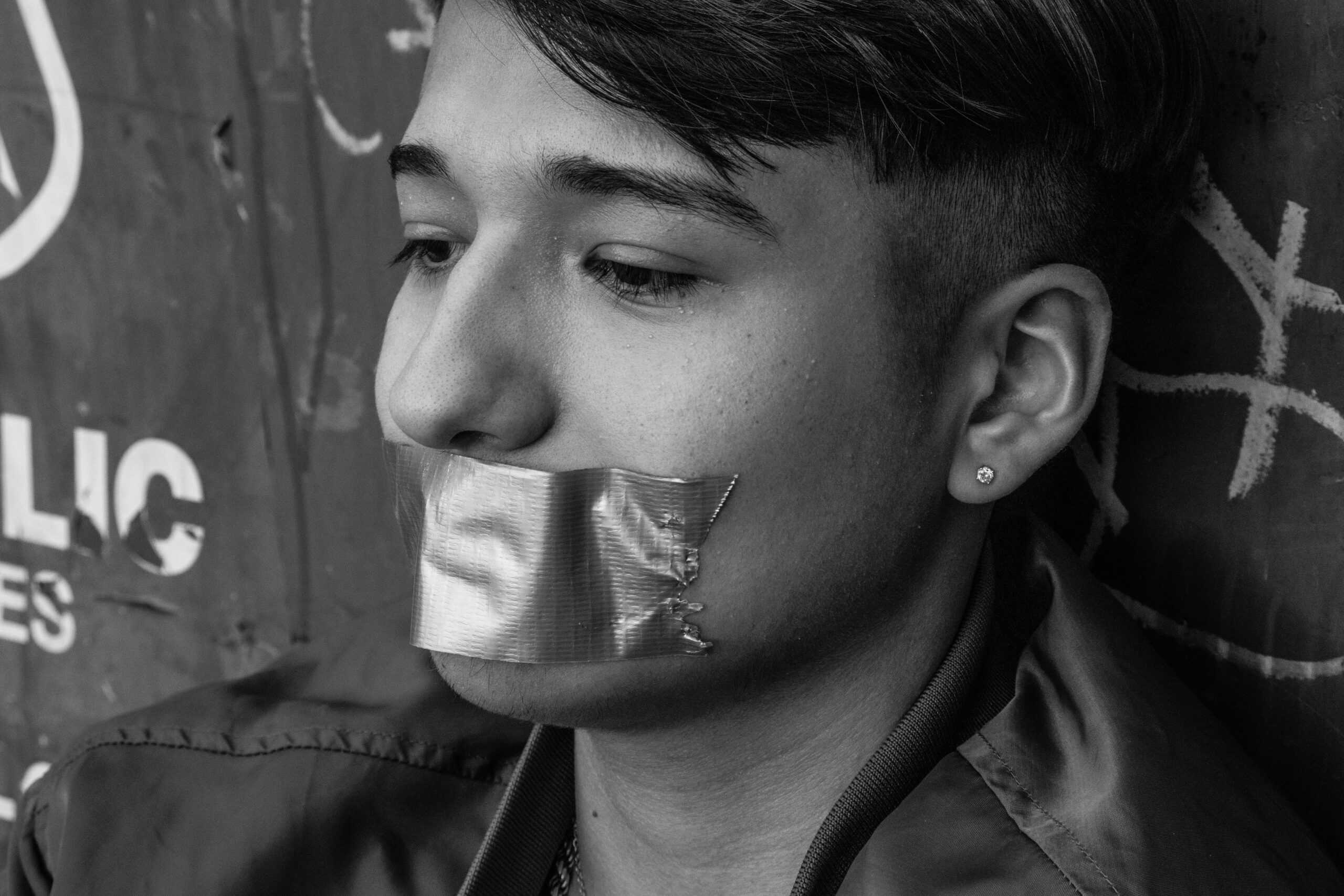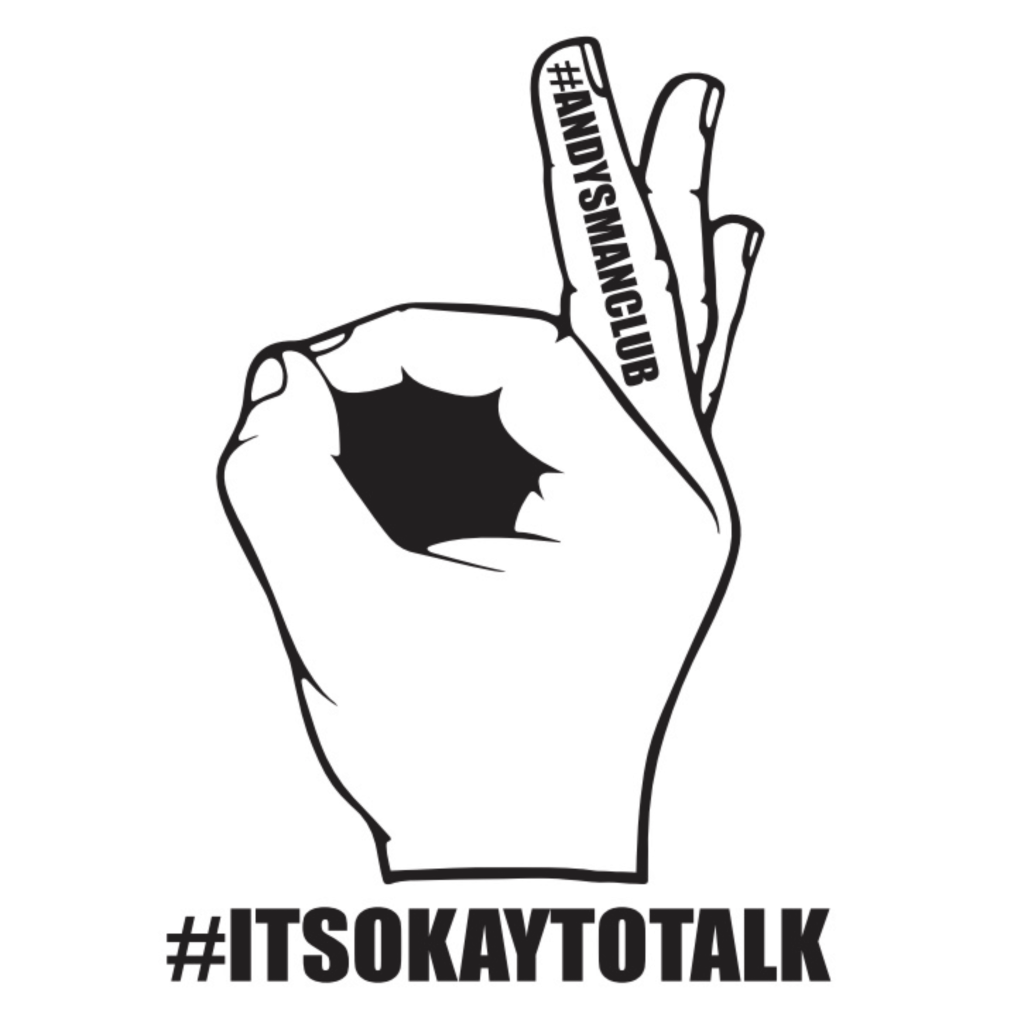Why Men Struggle to Talk About Sexual Abuse and Assault
Sexual abuse and assault are devastating experiences that can leave lasting emotional and psychological scars. While conversations about sexual violence have become more open in recent years, they still often overlook men as victims. The reality is that many men experience sexual abuse, yet stigma, shame and societal expectations prevent them from speaking out or seeking help.
Many men fear that disclosing their experiences will lead to disbelief, ridicule or a loss of their sense of masculinity. Traditional gender norms suggest that men should always be in control and invulnerable, making it even harder for survivors to process their trauma and reach out for support.
The silence around male sexual abuse not only isolates survivors but also allows harmful myths to persist. Understanding the realities of sexual violence against men is the first step in breaking the stigma and encouraging more men to seek the help they deserve.
The Reality of Male Sexual Abuse and Assault
Sexual violence against men is more common than many people realise. Studies suggest that:
- One in six men has experienced sexual abuse before the age of 18
- Many male survivors never disclose their abuse due to fear of judgment or not being believed
- Sexual violence can happen to anyone, regardless of age, background or sexual orientation
Despite these statistics, male survivors are often overlooked in discussions about sexual violence, leaving many to suffer in silence.
The Psychological and Emotional Impact
Sexual abuse can have profound and long-lasting effects on a man’s mental health and overall well-being. Many survivors struggle with:
- Shame and guilt – feeling responsible for what happened, even though the abuse was never their fault
- Anger and self-blame – directing frustration inward, which can lead to low self-esteem and self-destructive behaviours
- Post-Traumatic Stress Disorder (PTSD) – experiencing flashbacks, nightmares or heightened anxiety related to the trauma
- Emotional numbness – disconnecting from emotions to avoid pain, which can impact relationships and self-worth
- Trust and intimacy issues – struggling to feel safe with others, particularly in close relationships
- Sexual difficulties – confusion, fear or distress related to intimacy or sexual relationships
Without proper support, these effects can lead to further mental health struggles, including depression, anxiety, substance abuse and even suicidal thoughts.
Why Men Stay Silent
Fear of Not Being Believed
Many men worry that if they disclose their experiences, others will dismiss them or question their masculinity. Pervasive myths, such as “men can’t be victims,” only reinforce this fear.
Shame and Self-Doubt
Survivors may internalise their trauma, believing that they should have been able to prevent the abuse. Some may even question their identity or self-worth as a result.
Cultural and Societal Expectations
Men are often conditioned to be strong and in control, making it difficult to admit vulnerability or seek help. The pressure to move on without addressing the trauma can be overwhelming.
Confusion About Consent and Abuse
Some men struggle to label their experience as abuse, especially if the perpetrator was someone they trusted or if they felt physically aroused during the assault. The body’s natural responses do not equal consent, but this misunderstanding can cause deep shame and prevent survivors from seeking help.
How to Begin Healing After Sexual Abuse
Acknowledge That It Was Not Your Fault
One of the biggest hurdles for male survivors is overcoming self-blame. Abuse is always the fault of the perpetrator, never the victim. Accepting this truth is a crucial step in the healing process.
Reach Out for Support
Speaking to a trusted friend, family member or professional can help break the cycle of isolation. While opening up can be difficult, finding someone who listens without judgment can be incredibly validating.
Consider Joining a Support Group
Connecting with other survivors can provide reassurance that you are not alone. Men’s support groups and survivor networks offer a safe space to share experiences and coping strategies.
Engage in Healthy Coping Strategies
Processing trauma in a healthy way can include:
- Exercise or movement to relieve stress and regulate emotions
- Creative outlets like writing, art or music to express feelings
- Mindfulness and grounding techniques to manage anxiety and PTSD symptoms
How Therapy Can Help Male Survivors of Sexual Abuse
Therapy can be a life-changing resource for survivors, offering a safe space to process trauma and regain a sense of control. Many men carry the weight of their experiences for years, believing they must handle it alone. However, therapy provides the tools to move forward in a way that feels safe and manageable.
A therapist can help:
- Process and validate experiences without judgment
- Address trauma responses, such as flashbacks, panic attacks or avoidance
- Improve self-esteem and self-worth, helping survivors rebuild confidence
- Strengthen relationships by working through trust and intimacy issues
Healing is possible, and no survivor should have to go through it alone. Men’s Therapy Hub connects men with therapists who understand these challenges and provide compassionate, tailored support.
No matter how long ago the abuse occurred, you deserve to be heard, believed and supported. Seeking help is not a sign of weakness. It is a powerful step toward reclaiming your life.















